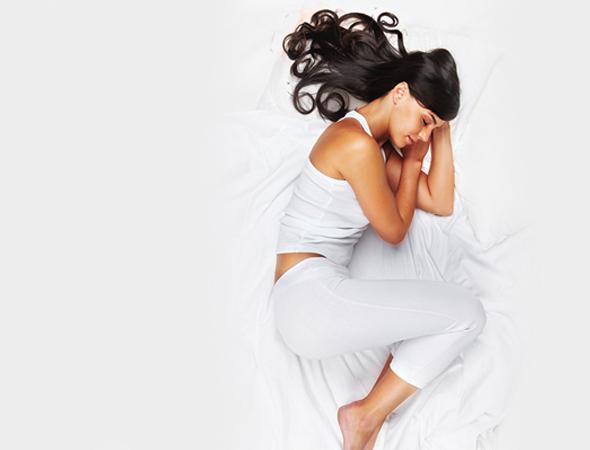We all need sleep because it plays an important role in our physical health and well-being. I’m sure you’re all familiar with the two types of sleepers – the early risers and the late risers.
But researchers from the Siberian Branch of Russian Academy of Sciences have added new categories to these. So let’s find out what type of sleeper are you…
1. Morning Person or Early Riser
Do you love quiet mornings and sunrises? And are you active and more productive in the morning or the time before noon? Then most likely you are a morning person.
You also prefer getting up and going to sleep early usually by 10p.m. You also tend to show more energy between the hours of 9a.m. to 9p.m.
2. Night Owls or Late Risers
If you prefer to sleep late and wake up late then you belong to this category. These sleepers are also known as night owl.
Individuals who belong to these category are also more alert in the evenings and most likely have a difficult time functioning very early in the day. Their energy levels are higher between 9p.m. and 9a.m.
3. Always Tired
These group of individuals feels tired most of the time, no matter how much sleep they get. They feel sleepy both mornings and evenings.
4. Highly Energetic
According to the sleep study done by the Russians, there was a “high energetic” group of individuals who have high energy for the entire day. They also sleep 30 minutes less than the other three groups; the morning persons, late risers and the always tired. They sleep for about 7.5 hours each night.
For both the energetic and tired individuals, their sleeping time and wake up time is somewhere between the late and early risers.
For the four types of sleepers, you can further categorize them into the following:
1. Light Sleeper
Are you the type of person who awakens at the drop of a needle? A good example are parents because they train themselves to hear their baby’s movement.
However, if you don’t need to be a light sleeper but you are, try to exercise regularly. Regular exercise will help you to sleep more deeply because you get physically tired.
2. Deep Sleeper
The opposite of the light sleeper. You can almost sleep through anything that is happening around you. A loud noise, dogs barking and even snoring.
But the downside to being a deep sleeper is that you have difficultly waking up in the morning. You can try to set your alarm earlier to give you some transitional time.
